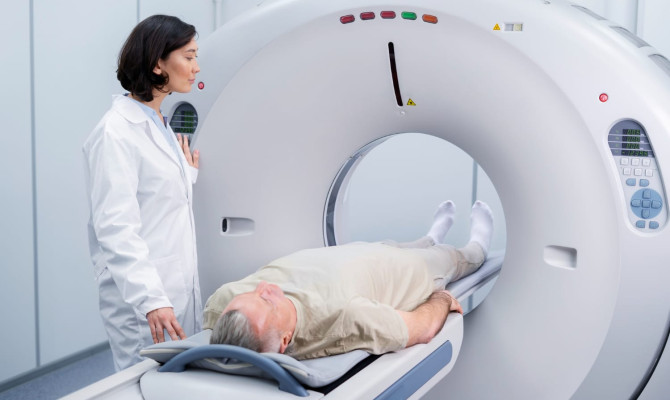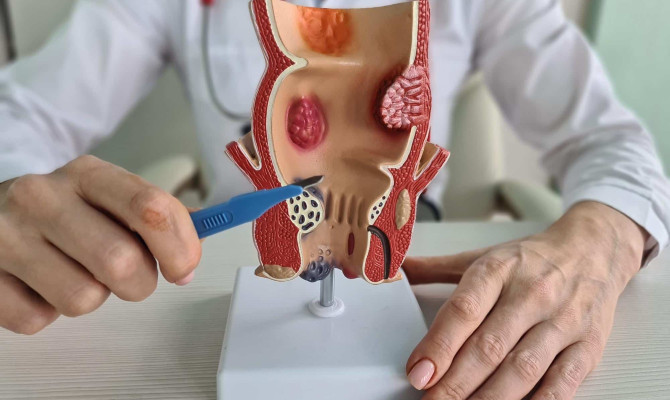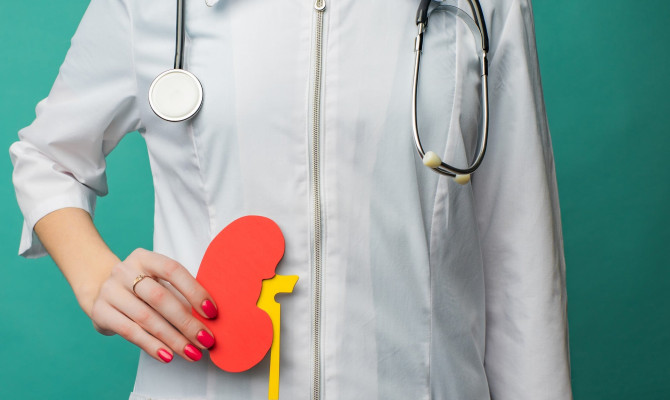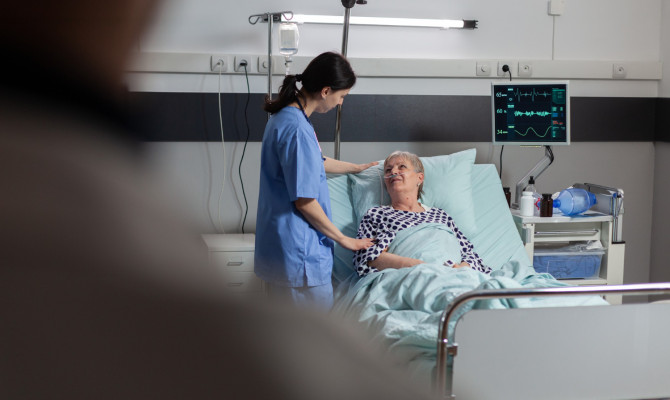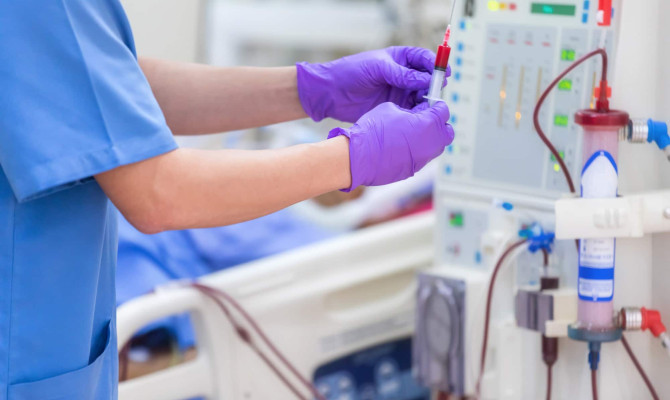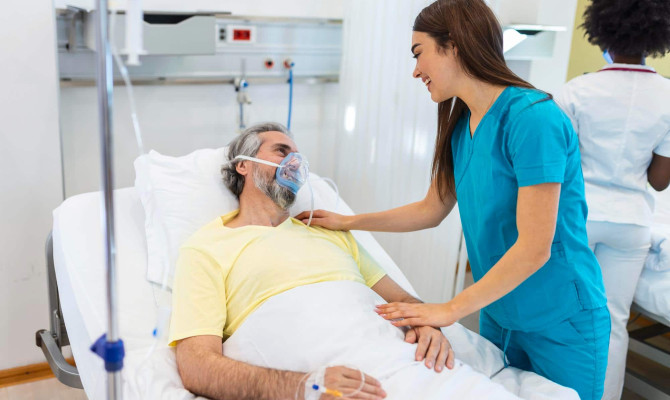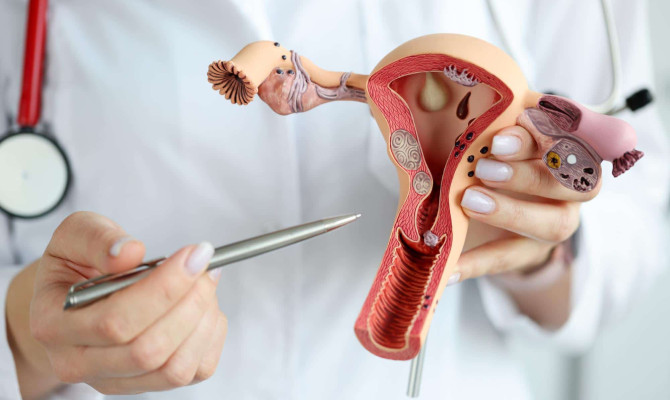Brain disorders: Causes, Symptoms and Treatment options

- Brain Disorders
- 14 Aug 2023
Overview
What is Brain disorder ?
The term “brain disorders,” which is also used to describe conditions that impact the nervous system, which includes the brain, spinal cord, and nerves, is a general term that covers a wide range of conditions.
These illnesses can result in numerous things, such as genetic mutations, trauma, infections, or environmental toxins. They can affect people of all ages, and the symptoms can differ significantly based on the condition. 1What is brain disorder| Researched based study from Nih.gov

Classification
Types of brain disorders
“Brain disorders” refers to a wide range of diseases that affect the nervous system and the brain. Depending on the particular condition and the population being studied, there are vast variations in the prevalence of brain disorders.
Here is a short explanation of a few prevalent brain disorders.
Neurological conditions
- Disorders like autism spectrum disorder, attention-deficit/hyperactivity disorder (ADHD), and intellectual disability are among the conditions that impact brain growth.
Mood disorders
- Conditions like depression, bipolar disorder, and seasonal affective disorder are examples of mood illnesses that emotionally impact a person.
A neurodegenerative condition
- These illnesses, which include Harlington’s disease, Parkinson’s disease, and Alzheimer’s disease, cause a gradual loss of nerve cells.
Epilepsy and seizure disorders
- These illnesses are defined by abnormal brain electrical activity and can lead to seizures, resulting in convulsions, unconsciousness, and other symptoms.
Traumatic injury (TBI)
- TBI can result in various symptoms, ranging in severity from moderate to severe, including headaches, memory loss, and changes in mood and behaviour. A blow, jolt, or another penetrating head injury bring on TBI.
Cerebrovascular diseases
- These ailments can cause strokes, aneurysms, and other severe complications because they impact the blood vessels in the brain.
Psychotic illnesses
- These illnesses, which include schizoaffective disorder and schizophrenia, cause signs like delusions, hallucinations, and disordered thinking in their victims. 2Types | Researched based study from Nih.gov
Prevalence
How widespread are Brain disorders?
Anxiety disorders
- Most mental health disorders, including anxiety disorders, impact 1 in 5 adults in the United States each year.
Depression
- According to estimates, 322 million individuals worldwide suffer from major depressive disorder, making it one of the most prevalent mental health conditions.
Alzheimer’s condition
- Fifty million people worldwide are thought to be affected by this, making it the most prevalent cause of dementia.
Parkinson’s disease
- Around 6.2 million individuals worldwide have Parkinson’s disease, and the prevalence rises with age.
Epilepsy
- Epilepsy is one of the most prevalent neurological disorders, affecting about 50 million people globally.
Schizophrenia
- Around 20 million people around the globe are affected by this, and it usually starts in late adolescence or early adulthood. 2Prevalence | Researched based study from Nih.gov
Causes
What are the causes?
- Genetics- Genetic mutations that can be handed down through families are the root cause of some brain disorders.
- Traumatic brain injuries (TBI)- Trauma, including concussions, can result in neurological disorders.
- Infections- Some infections, like meningitis or encephalitis, can inflame the brain and result in neurological problems.
- Neurological conditions- Results in the gradual decline of brain function.
- Stroke- A stroke happens when the blood supply to the brain is cut off, which can harm the brain and result in mental illnesses.
- Abusing drugs- Long-term drug or alcohol use can harm the brain and cause mental illnesses.
- Environmental factors- Brain damage can result from exposure to toxins or substances, such as lead or mercury.
- Malnutrition- A deficiency in protein-based nutrients, especially during crucial stages of brain growth.
- Other medical conditions- Specific medical illnesses like epilepsy, multiple sclerosis, and brain tumours can bring on brain disorders. 3Causes| Researched based study from Nih.gov
Symptoms
What are the symptoms?
Depending on the particular condition and the part of the affected brain, the signs and symptoms of brain disorders can differ significantly.
Some typical signs include:
Headache
- Chronic headaches may indicate a brain problem, mainly if they are severe or have additional symptoms.
Seizures
- Seizures can be signs of illnesses like epilepsy and happen when the brain experiences abnormal electrical activity.
Memory issues
- Memory loss or cognitive dysfunction can be signs of many different brain conditions, such as Alzheimer’s disease, dementia, or severe brain injury.
Hearing or vision problems
- A brain disease like a tumour or stroke can manifest as changes in vision or hearing.
Changes in attitude or behaviour
- Depression, anxiety, or aggressive behaviour are sudden changes in attitude or behaviour.
Motor coordination problems
- Movement or balance issues can be a sign of diseases like Parkinson’s disease or multiple sclerosis.
Speech or language issues
- A brain disorder may manifest as speech or language difficulties, such as slurred speech or trouble finding the correct words.
Tingling or numbness
- Numbness, tingling, or weakness in the limbs or face may indicate a brain disease like multiple sclerosis or a stroke. 3Symptoms| Researched based study from Nih.gov
Diagnosis
What are the Diagnostic factors?
The process of diagnosing brain disorders can be difficult and complex, involving several stages, such as
- Medical background- The usual first step for a doctor is to learn about the patient’s medical history, including any prior illnesses, medications, and family members who have had neurological disorders.
- Physical assessment- A neurological evaluation may be carried out to evaluate reflexes, coordination, and motor and sensory function. The patient’s gait, muscle strength, and cognitive function may all be assessed during this evaluation.
- Imaging tests- Brain imaging exams like computed tomography (CT) or magnetic resonance imaging (MRI) scans can help find brain structural abnormalities that may produce symptoms.
- Laboratory tests- Laboratory examinations such as blood tests can help diagnose underlying illnesses that may be causing symptoms.
- Psychological assessment- In some circumstances, psychological testing may be used to evaluate cognitive performance and pinpoint any psychological influences.
- Neurological examination- Electromyography (EMG) is used to assess muscle performance and nerve activity, and electroencephalography (EEG) is used to evaluate the electrical activity in the brain.
- Biopsy- A biopsy may occur if a tumour or other abnormal tissue is detected. 4Diagnosis | Researched based study from Nih.gov
Treatment
What are the Treatment strategies involved?
On the basis of Symptoms Treatment strategies may vary disease to disease, if it is ,
Stroke
- Medication may be used to dissolve blood clots, lessen swelling, and avoid blood clots. Sometimes, surgery may be necessary.
Epilepsy
- Medication for epilepsy prevention may be part of the treatment. Surgery might be necessary in extreme circumstances to remove the part of the brain producing seizures.
Parkinson’s disease
- Medication to raise dopamine levels in the brain, which can enhance motor performance, may be part of the treatment. Deep brain stimulation surgery might be required in severe instances.
Alzheimer’s condition
- Memantine or cholinesterase inhibitors may be used as part of the treatment plan to slow the disease’s development. A healthy diet and exercise routine are two lifestyle adjustments that may be advantageous.
MS (multiple sclerosis)
- Medications to lessen inflammation and stop the disease’s development. Maintaining muscle and mobility may benefit from physical therapy as well.
Traumatic brain injury
- Medicines to treat signs like pain and headaches. To regain lost skills, rehabilitation might also be required.
Mental health diseases
- Medicines or therapy are recommended for conditions like melancholy, anxiety, and bipolar disorder to lessen symptoms and enhance the quality of life.
A healthcare professional should be consulted to identify the best course of action for a particular brain disorder. 4Treatment | Researched based study from Nih.gov
Prevention

What are the Preventive factors?
Regular exercise
- Through improved blood flow to the brain, stimulation of the production of new brain cells, and a reduction in inflammation, regular exercise can help lower the chance of developing brain disorders.
Eat a balanced meal.
- The chance of brain disorders can be decreased by eating a healthy diet rich in fruits, veggies, whole grains, lean proteins, and healthy fats.
Manage stress
- Neurological disorders are more likely to develop in people who experience chronic worry, which can harm their brains. Therefore, learning how to manage stress successfully through techniques like meditation, yoga, or therapy can be advantageous.
Get enough rest.
- Sleep is essential for maintaining healthy cognitive function. Sleep deprivation can result from cognitive decline and an increased chance of neurological disorders.
Safeguard your head
- Wearing a helmet when participating in sports or operating a bike or motorbike is essential because traumatic brain injury (TBI) is a common cause of brain disorders.
Avoid toxins
- The chance of developing brain disorders can arise when people are exposed to toxins like chemicals, heavy metals, and pesticides. As a result, it’s crucial to prevent exposure to these toxins as much as possible.
Stay socially engaged
- The risk of neurological diseases can be decreased through social contact and mental stimulation. As a result, maintaining a social network and engaging in intellectually challenging tasks can be beneficial. 5Prevention | Researched based study from Cdc.gov
Prognosis
What is the Prognosis for brain disorders?
Brain disease prognosis can differ significantly based on the particular condition, the severity of the symptoms, and the patient’s response to treatment.
Some diseases can be successfully treated or cured with proper care, whereas others may progress and cause disability or even mortality.
When should I dial the doctor’s number?
It’s critical to seek medical care immediately if you experience any unusual or recurring symptoms of the brain. Look for any signs or indications that point to a brain disorder, and see a doctor if necessary.
Takeaway
Key Takeaways
- Movement, sensation, cognition, behaviour, and emotion are just a few of the many processes of the brain that can be impacted by disorders the brain.
- Depending on the particular condition, symptoms can differ significantly.
- You should see a doctor immediately if you encounter any persistent brain-related symptoms.
- By leading a healthy lifestyle, one can lessen their chance of getting certain brain disorders.
- To learn more about the causes, prevention, and treatments, research is continuing.
- Support from loved ones, close friends, and medical professionals can help people manage their symptoms and enhance their quality of life.
Any feedback on this article?
 This Articles content was accurate
This Articles content was accurate Very Informative Article
Very Informative Article I have a question or a comment
I have a question or a comment
 This article contains inaccurate content
This article contains inaccurate content This article was not helpful
This article was not helpful I have a question or a comment
I have a question or a comment
We appreciate your helpful feedback!
Checkout our social pages
References
-
National Institutes of Health
Brain Basics | Overview
-
National Institutes of Health
Information about Mental Illness and the Brain | Types
-
National Institutes of Health
Neurological Disorders | Symptoms | Causes
-
National Institutes of Health
Towards earlier diagnosis and treatment of disorders of the brain
-
Centers for Disease Control and Prevention
Healthy Brain Initiative | Prevention













